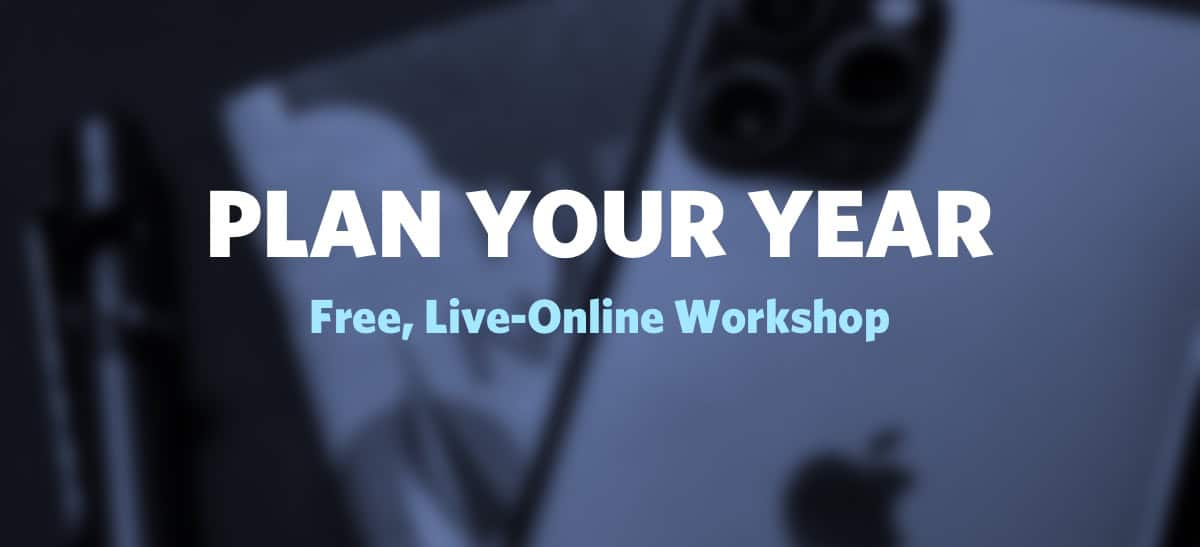Sometimes, if you insist on using “The Best”, it can actually hold you back and slow you down.
For example…
Last fall my company switched project management tools.
We were Basecamp for years, and we switched to Notion.
Notion is on the complete other side of the spectrum compared to Basecamp.
It was not a simple move. And, of course, it took us some time to decide on Notion.
While trying to decide on which PM tool we’d would switch to, I spent a lot of time testing and tinkering with some of the other options (such as Asana, Jira, Monday, Trello, Todoist, et al.)
How did I decide?
The thing that helped the most with our decision to use Notion was when I could see how other people were using it.
Once I saw it in action through case studies and workflow videos of other users, that’s when I knew it would work for us.
(This is also how I was able to discover that Trello and Monday would NOT work for us.)
. . . . .
These days, I no longer try to find “The Best App No Matter What”.
Instead, I look for “The Best App to Help Me Get the Right Things Done”.
For example: Apple Notes. (Sigh.)
Is Apple Notes the best basic note taking app? No way. In fact, I’m really not a fan of Apple Notes.
BUT…
When it comes to collaborating with my friends and family, it’s hard to beat Apple Notes.
And so, for that reason, I’m in.
. . . . .
I’ve spent the past decade researching and using “the best apps”, and then finding the best workflows and use-cases for those apps that I can. And I would love to help you save some and frustration in getting the right apps that work for you.
This Thursday (May 20th) I’ll be going through every critical app I use, how I use it, and why I use it.
At this LIVE workshop, the emphasis will be on my productivity apps and workflows for ideas, tasks, and time.
1. Ideas: Apps and workflows for creating and shipping work day in and day out
2. Tasks: Apps and workflows for handling the incoming tasks and the never-ending lists.
3. Time: Apps and workflows for scheduling time and staying focused.
……
This is one of our premium workshops (about 2 hours) where we’ll be going very in depth. And you’ll be able to ask questions to me or Mike about any of this stuff.
**Register Here** (plus check out all details)
